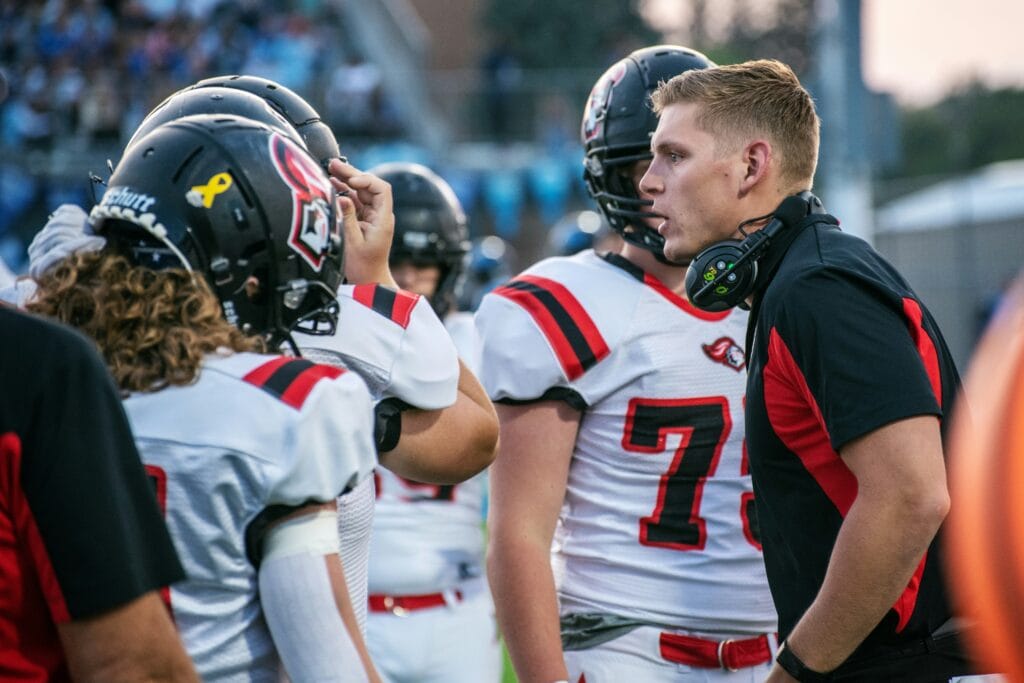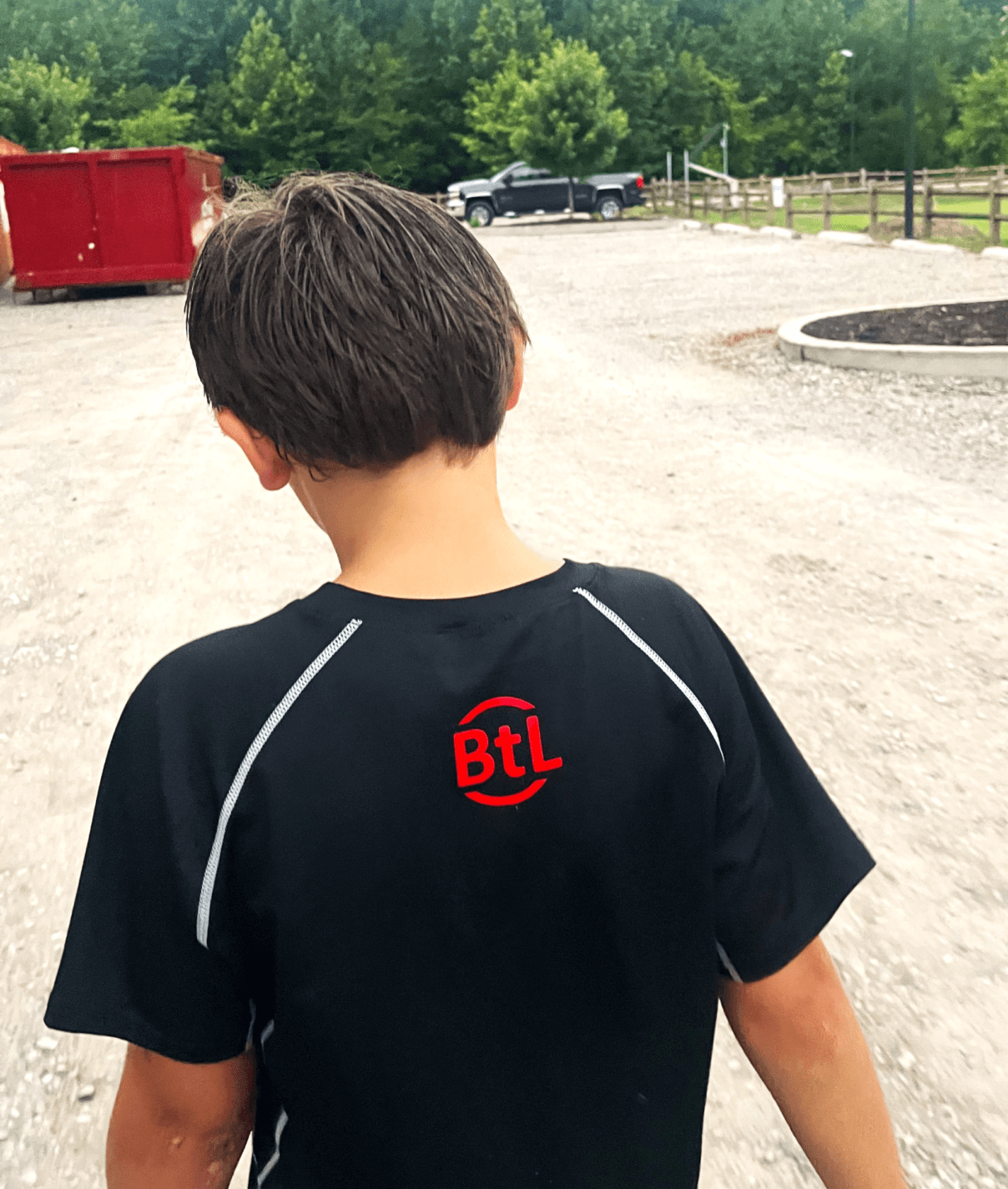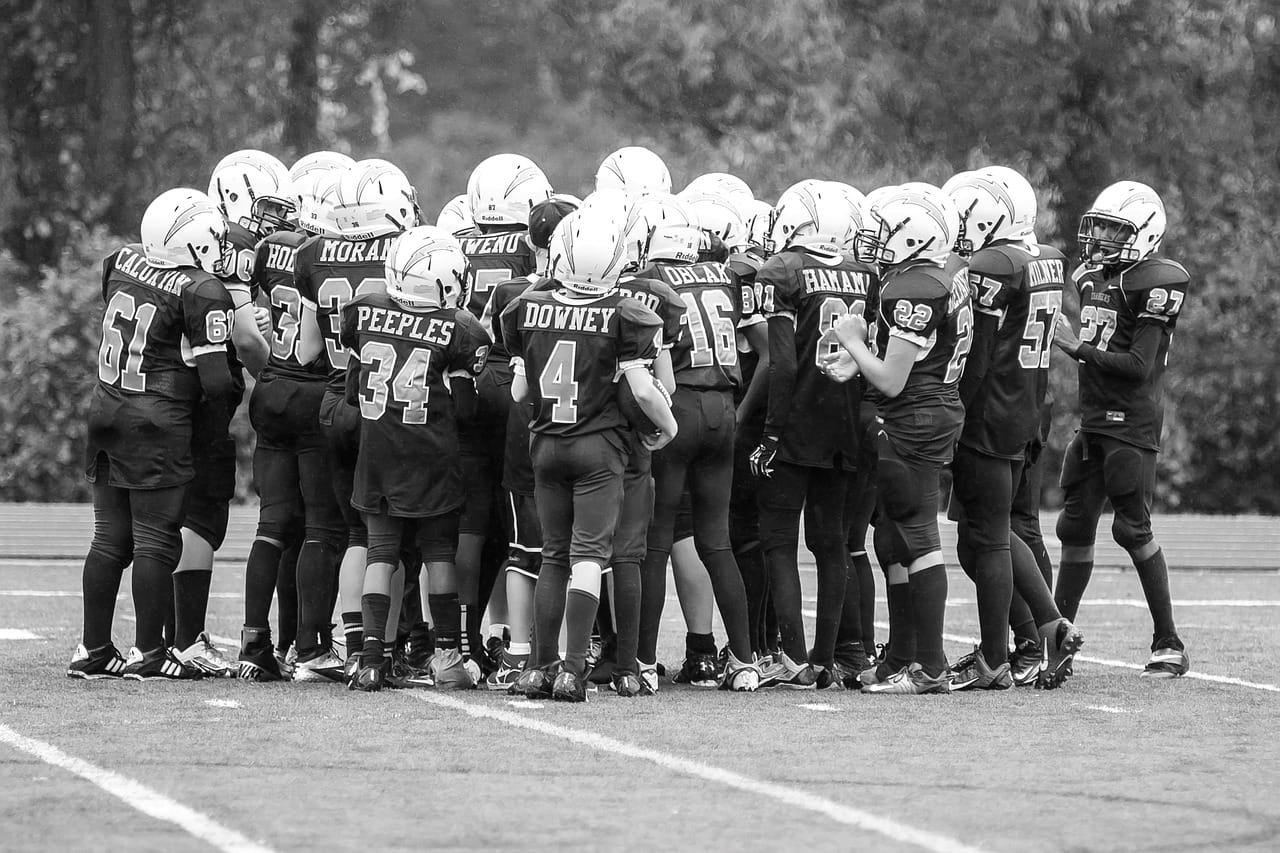
Coaches make a difference in the lives of the athletes they work with. Most of us who have been around athletics have witnessed the impact a coach can have on an individual. Whether the influence is good or bad, there is always an impact. Reflecting on my time as a player, I can vividly recall both the good and bad coaches I encountered. Each one left a mark on me, offering lessons to be learned from both positive and negative experiences.
Focus on the Kids
Every athlete’s situation is unique. While a bad coach might not ruin a child’s future, a good coach can undoubtedly improve it. My own childhood wasn’t ideal, but I was fortunate to have people around me who cared. Unfortunately, not every child can say the same. This is where coaches have an opportunity to make a significant difference—if they take the time to do so.
From my perspective, coaching youth sports is a privilege. Coaches are human and will inevitably make mistakes. At times, I’ve found myself overly focused on winning, while at other times, I’ve gone out of my way to give kids opportunities they didn’t earn or seem to care about. Striking the right balance isn’t always easy, but it’s important to try.
At the heart of it, I have always cared about every athlete I’ve had the privilege to coach. I’ve aimed to have a positive impact on each of them as individuals. As a parent, this is all we can truly ask of the men and women who coach our kids: to genuinely care about their development as people.
Dealing With Difficult Situations or Coaches
As parents, we don’t always have the ability to choose who coaches our young athletes. Challenging situations with coaches can and do arise. Here’s some general advice for handling them:
- Addressing playing time issues: Encourage your athlete to approach the coach directly to discuss or better understand the situation. If no resolution is reached, the parent should step in for a follow-up conversation. If the issue remains unresolved, escalate it to the next person in the organization.
- Intervening in cases of harm: If there is physical or mental harm being done, parents must intervene immediately. This may involve reporting the coach, informing other parents, or removing your child from the team.
While each situation is unique, it’s important to approach conflicts thoughtfully. As long as there is no imminent harm, even challenging situations can present opportunities for personal growth. Teach kids to advocate for themselves, approach situations with confidence, and ask questions when warranted. At the same time, help them understand that playing time is earned, and fairness can look different depending on the level of competition.
Coaches Make a Difference
Coaches, let’s focus on developing kids as individuals. Challenge them to improve, push them to exceed their own expectations, and teach them to believe in themselves. Most importantly, instill in them a love for the sport. Remember, coaching isn’t about the coach—it’s about the kids. Mistakes will happen; learn from them and keep moving forward. Winning a league championship at 14 years old is great, but in a month, nobody will remember. Prioritize doing right by the kids first. Winning comes second when you’re building the character and skills of young athletes.
Believe in the Kids. Focus on Growth. Inspire the Future.
BtL
Subscribe to our email list to get our content direct to your inbox!
Follow us on Facebook, Twitter and Instagram
To learn more about Ball to Life and our mission, click here.

